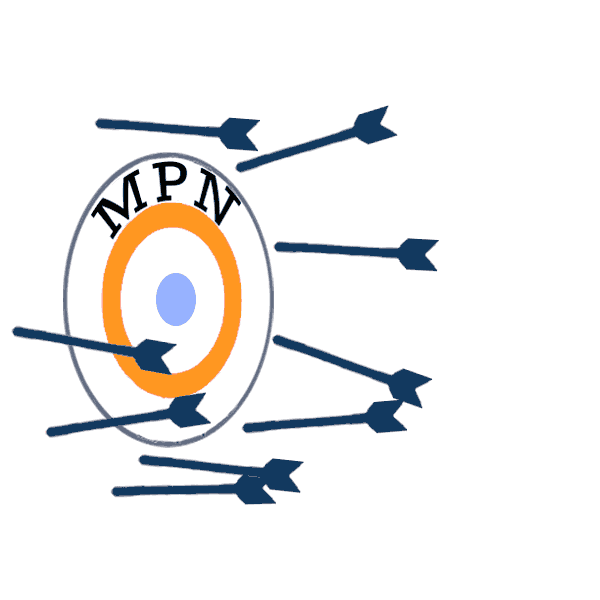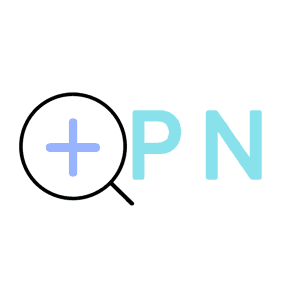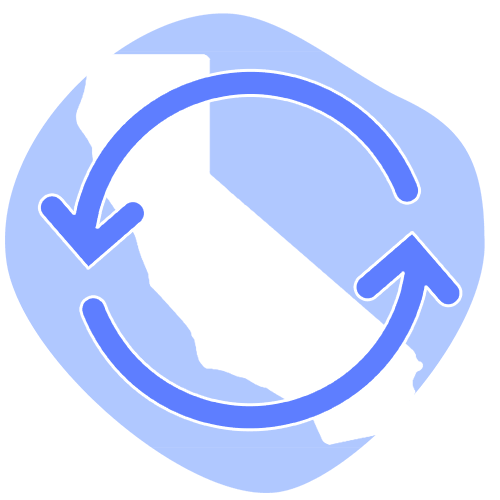MPNs: CA Assembly Bill 1278 Guarantees Delayed Care

California Assembly Bill 1278, apparently designed to improve the disastrous Medical Provider Network (MPN) system, is nothing but a continued abdication of California’s responsibility to provide doctors with the tools necessary to determine their eligibility to treat an injured worker.
The MPN system devised by California regulators:
- Restricts injured workers to doctors selected by the employer or insurer for MPN membership, but
- fails to provide doctors with a reliable way to determine which employers maintain MPNs, and
- allows claims administrators to deny doctors reimbursement for MPN non-membership.
Instead of a comprehensive MPN database or another viable resource that would allow doctors to identify which employers maintain an MPN (and whether the doctor is a member), the solution proposed by AB 1278 is as follows:
“...the injured employee may authorize their initial primary treating physician to request an electronic copy of the [MPN] notification.”
That’s it. Which helps…who exactly? Not injured workers. Not their employers. And certainly not providers.
AB 1278 fails to address the “Houston in the blind” experience of providers trying to navigate California MPNs. If this bill is the “solution,” employers can anticipate long delays in treatment while doctors request permission from injured workers to request MPN information, then request the MPN information, then wait for MPN information to arrive from…well, we’re not sure from whom.
Below, see how this legislation raises more questions than answers and offers more complications than solutions — while potentially delaying care for injured workers.
CA AB 1278: Nothing But Chaos
AB 1278 would amend California Labor Code Section 4616(a)(4)(B) as following:
If regulations of the administrative director require the medical provider network to notify an employee that an injury is subject to a medical provider network or an employee with an existing injury is required to transfer treatment to a medical provider network, the injured employee may authorize their initial primary treating physician to request an electronic copy of the notification. [emphasis added]
When an employer or employer’s insurer maintains an MPN, a doctor must be a member of that MPN to receive payment for treating the employer’s workers. Accordingly, the doctor must first determine whether an approved MPN applies to the employer before treating any injured worker.
AB 1278 instructs that in order for a doctor to ascertain whether an employer maintains an MPN, a doctor must take the following steps:
Step 1. The doctor asks the injured worker for permission to request an electronic copy of any MPN notification given to the injured worker.
Step 2. If the injured worker grants their permission, the doctor must request an electronic copy of the MPN notification from _______ (fill in the blank). AB 1278 fails to say from whom the doctor requests the copy of the MPN notification.
After that, the doctor must confirm their own membership in the applicable MPN. This can be tricky, as doctors can be added or removed from any given MPN on a whim, and MPNs are notorious for failing to maintain updated, accessible, navigable online provider rosters (and the Division of Workers’ Compensation is notorious for failing to enforce the paltry MPN regulations that exist).
In addition to being functionally useless, the text of AB 1278 leaves many questions unanswered:
- Can the injured worker deny permission for the physician to request the MPN notification?
- Should the injured worker’s permission be in writing?
- Does the doctor electronically request an electronic copy of the notification?
- When is the doctor supposed to make this request? Prior to the initial appointment?
- Who is providing the electronic copy of the notification? We have demonstrated that even adjusters can offer little help identifying applicable MPNs, and some (like Sedgwick) will not return phone calls to providers making MPN inquiries.
- What happens when an injured worker requires care from a specialist or ancillary services? Can specialists request MPN information as well?
- What notice is sent if no MPN applies to the injured worker’s employer?
- How many days does a doctor wait for a copy of the notification?
- What is the penalty for failing to provide the authorized electronic MPN notification?
AB 1278 is another example of California failing in its responsibility to administer a sensible workers’ comp system that allows injured workers to receive timely care, and ensures providers receive appropriate payment for that care.
Far from solving the MPN problem, this bill is just more evidence that currently, no reliable resource enables doctors to determine their eligibility to treat injured workers.
A Real Solution for the MPN Problem
As we’ve said before, there’s a simple way to address the MPN crisis: data management.
Immeasurable friction could be avoided if providers could simply access a central MPN database where:
- Entering the employer name or other identifier would show what MPN, if any, applies to the patient
- Entering the provider NPI number and place of services would confirm or deny the provider’s membership in the applicable MPN
Unfortunately for employers, injured workers, and providers, sensible MPN solutions will remain elusive because “entities that provide network services” (read: Preferred Provider Organizations) will have a tough time profiting from a transparent MPN system.
With this bill, these entities' bank accounts will continue to swell with cash from the reimbursement chaos engendered by MPNs. Nothing will improve by enabling injured workers to grant permission for a doctor to plead for MPN information — information the DWC can and should make easily accessible through existing technology.
daisyBill tracks responses to your bills, appeals, and RFAs — so your practice knows when payers break the rules. Click below to learn more, or request a demonstration.
LEARN MORE
DaisyBill provides content as an insightful service to its readers and clients. It does not offer legal advice and cannot guarantee the accuracy or suitability of its content for a particular purpose.

.gif)
.gif)

.gif)
